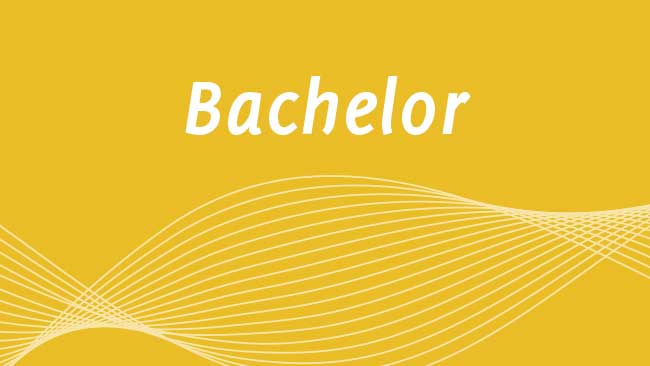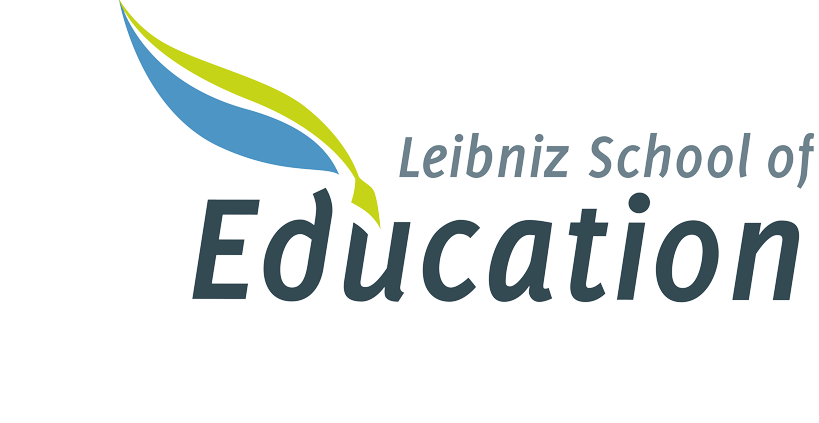


Der Bachelorstudiengang Sonderpädagogik (Bachelor So) ist polyvalent. Das heißt, dass nach dem Bachelorabschluss entweder ein fachwissenschaftlicher Masterstudiengang oder der Masterstudiengang Lehramt für Sonderpädagogik gewählt werden kann. Hierzu ist die Zweitfachwahl zu beachten. Der Abschluss des Bachelorstudiengangs Sonderpädagogik qualifiziert bereits für eine außerschulische Berufstätigkeit.
| Abschluss | Bachelor of Arts (B. A.) |
| Regelstudienzeit | 6 Semester |
| Leistungspunkteumfang | 180 LP |
| Studienbeginn | Wintersemester |
Studienfächer
Im Bachelorstudiengang Sonderpädagogik wird am Anfang des Studiums eins der folgenden Fächer als Zweitfach gewählt.
Der Bachelorstudiengang Sonderpädagogik setzt sich aus dem Erstfach Sonderpädagogik, einem Zweitfach, dem Professionalisierungsbereich und dem Modul Bachelorarbeit zusammen.
Die Entscheidung für die schulische Ausrichtung des Studiums wird im Bachelorstudiengang durch die Wahl des Zweitfachs getroffen. In den ersten beiden Semestern werden ausschließlich das Erstfach Sonderpädagogik und der Professionalisierungsbereich studiert. Am Anfang des Studiums wird das Zweitfach gewählt, welches dann ab dem 3. Semester studiert wird.
Professionalisierungsbereich
Neben den zwei Fächern muss auch der Professionalisierungsbereich mit 30-35 Leistungspunkten (je nach Berufsziel) studiert werden.
Der Professionalisierungsbereich beinhaltet das Fach Allgemeine Erziehungswissenschaft sowie die Wahlpflichtfächer Psychologie oder Soziologie.
Der Bereich Allgemeine Erziehungswissenschaft ist für alle Studierenden obligatorisch.
Der zweite Bereich kann frei gewählt werden: Je nach persönlichem Interesse und späterem Berufswunsch müssen sich die Studierenden zwischen einem psychologischen und einem soziologischen Schwerpunkt entscheiden. Welche Module absolviert, welche Veranstaltungen besucht und welche Leistungen dafür im Einzelnen erbracht werden müssen, regelt die Prüfungsordnung.
Praktika
In den zu Lehramtsabschlüssen führenden Studiengängen sind jeweils außerschulische und schulische Praktika zu absolvieren. Für den Bachelorstudiengang Sonderpädagogik handelt es sich dabei um folgende Pflichtpraktika:
- Orientierendes sonderpädagogisches Schulpraktikum (4 Wochen) oder im Professionalisierungsbereich als Praktikum mit entwicklungspsychologischem Bezug (4 Wochen) oder als berufsrelevantes Praktikum in nicht-schulischem Berufsfeld (4 Wochen)
- Beobachtungspraktikum (3 Wochen)
- Praktikum in einem spezifischen sonderpädagogischen Handlungsfeld (5 Wochen)
Ausführliche Informationen zu Praktika entnehmen Sie bitte der Praktikumsordnung für den Bachelorstudiengang Sonderpädagogik.


